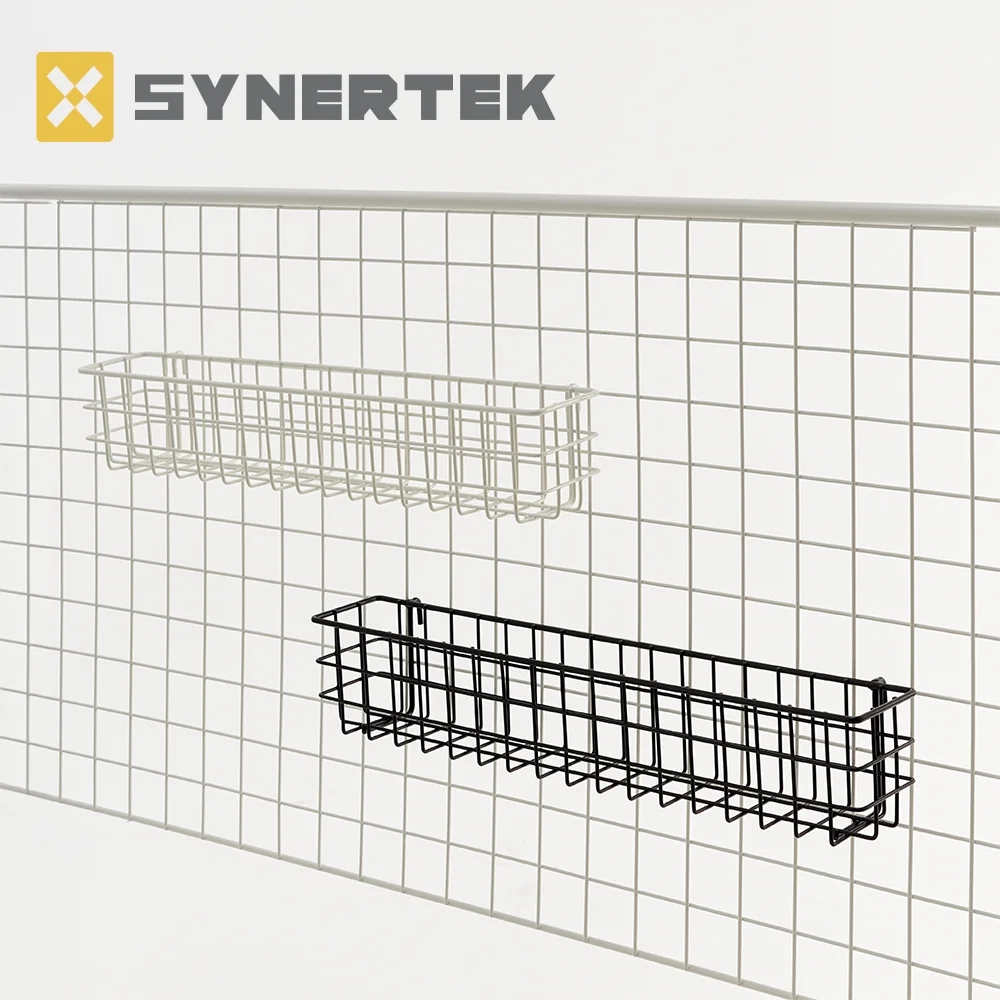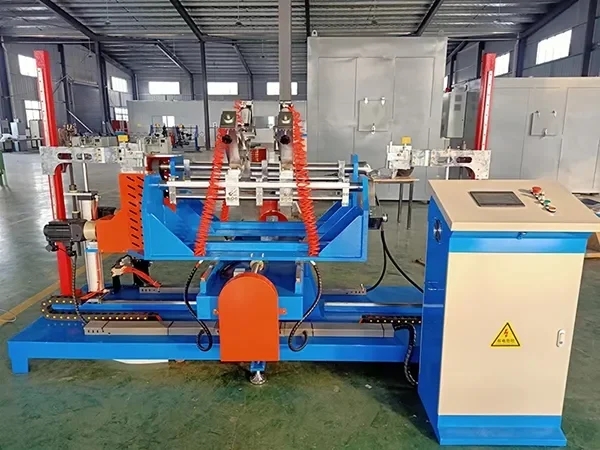Foundation walls play a crucial role in providing structural integrity and stability to buildings. The choice of material for foundation walls is a critical decision that impacts the long-term durability and performance of a structure. In this blog post, we will delve into the various materials commonly used for foundation walls, their characteristics, and the factors to consider when selecting the optimal material.
- Concrete: The Time-Tested Champion
Concrete stands as the most commonly used material for foundation walls due to its exceptional strength, durability, and versatility. It offers excellent resistance against water penetration and can withstand the pressure exerted by the surrounding soil. Reinforced concrete, with the inclusion of steel bars, further enhances its load-bearing capacity and structural integrity. - Insulated Concrete Forms (ICFs): The Energy-Efficient Alternative
ICFs have gained popularity in recent years due to their energy-efficient properties. These forms consist of interlocking foam panels that are filled with concrete, providing both insulation and structural support. ICFs offer superior thermal performance, reducing energy consumption and enhancing indoor comfort. Additionally, they provide excellent sound insulation and are resistant to mold, pests, and fire. - Masonry: A Traditional Approach
Masonry, including brick and stone, has been used for centuries in foundation wall construction. While not as common as concrete, masonry offers aesthetic appeal and durability. Brick walls, in particular, are known for their resistance to moisture and fire. However, masonry walls may require additional waterproofing measures and can be more expensive compared to other materials. - Engineered Wood: A Sustainable Solution
Engineered wood products, such as pressure-treated lumber and plywood, have gained recognition as environmentally friendly alternatives. These materials are treated to resist decay, insects, and moisture, making them suitable for foundation walls. Engineered wood offers ease of installation, versatility, and a reduced carbon footprint. However, regular maintenance and proper moisture management are essential to ensure their longevity. - Composite Materials: Pushing the Boundaries
Innovative composite materials, like fiberglass-reinforced polymers (FRPs), are emerging as potential alternatives for foundation walls. FRPs offer high strength-to-weight ratios, corrosion resistance, and design flexibility. These materials are particularly useful in seismic regions, where their ductility and ability to withstand lateral forces are advantageous. However, their high cost and limited long-term performance data currently restrict their widespread use.
Conclusion:
Selecting the most suitable material for foundation walls requires a comprehensive understanding of the project's requirements, budget constraints, and environmental factors. While concrete remains the go-to choice for its proven performance, alternatives like ICFs, masonry, engineered wood, and composite materials offer unique advantages. By carefully evaluating the specific needs of each project, builders and homeowners can make informed decisions to ensure the longevity and stability of their structures.






